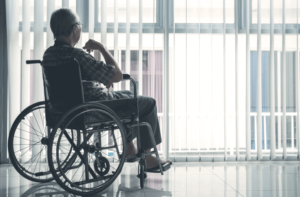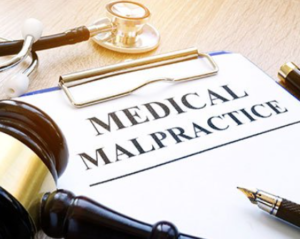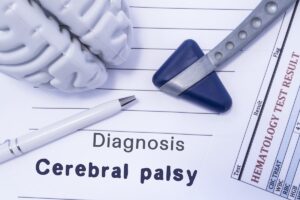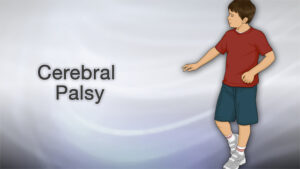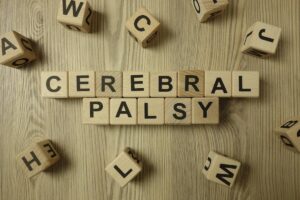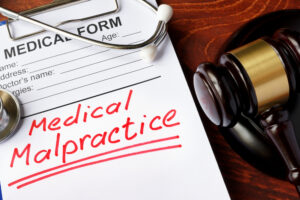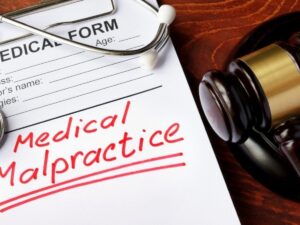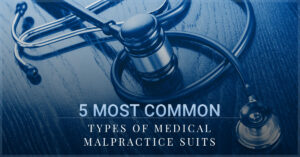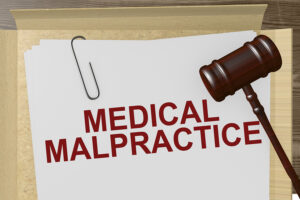Nursing home negligence refers to the failure of nursing home staff to provide the necessary care and attention required for the well-being of residents. It encompasses various forms of neglect, abuse, and malpractice. Discussing this issue is crucial as it affects the lives of countless elderly individuals who deserve to be treated with compassion and respect.
The Growing Problem of Nursing Home Negligence
Statistics reveal a disturbing rise in nursing home negligence cases over the years. Factors contributing to this increase include understaffing, inadequate training, and insufficient regulatory oversight. These incidents have severe effects not only on the residents but also on their families who entrust their loved ones’ care to these facilities.
Types of Nursing Home Negligence
There are various forms of nursing home negligence, each with its own devastating consequences. Physical abuse and neglect can result in injuries such as fractures, bedsores, and malnutrition. Emotional and psychological abuse can lead to anxiety, depression, and a diminished sense of self-worth. Medical negligence and malpractice can have life-threatening consequences. Financial exploitation can deprive elderly residents of their hard-earned savings.
Signs and Symptoms of Neglect or Abuse
Recognizing the signs and symptoms of neglect or abuse is crucial in identifying cases of nursing home negligence. Physical indicators may include unexplained injuries, poor hygiene, and weight loss. Observers may also notice behavioral and emotional changes, including withdrawal, fearfulness, and anger. Financial irregularities like unauthorized withdrawals or sudden changes in financial documents can indicate financial exploitation.
The Legal Aspect of Nursing Home Negligence
Nursing home residents have rights that protect them from neglect and abuse. If neglect or abuse is suspected, steps should be taken to ensure the safety and well-being of the resident. Legal actions and remedies may be pursued to hold the responsible parties accountable. Regulatory bodies and government agencies play a crucial role in enforcing regulations and ensuring the quality of care provided in nursing homes.
Prevention and Awareness
Preventing nursing home negligence requires a multi-faceted approach. Educating families on selecting the right nursing home is crucial. They should consider factors like staff-to-resident ratio, staff qualifications, and facility cleanliness. Training and supervision of nursing home staff are essential to ensure proper care. Regular visits and open communication with residents can help detect any signs of neglect or abuse. Advocacy for stricter regulations and enforcement is necessary to protect the rights and dignity of nursing home residents.
Providing Support to Victims and Families
For victims of nursing home negligence and their families, it is crucial to know what resources are available for reporting abuse and getting assistance. Counseling and therapy options can help victims cope with the emotional trauma they have experienced. Support groups provide a sense of community and understanding for affected families. Seeking justice and raising awareness are essential in effecting change and preventing future cases of nursing home negligence.
The devastating consequences of nursing home negligence cannot be ignored. It is imperative that we take action to prevent and address this issue. By advocating for stricter regulations, educating families, and providing support to victims and their families, we can work towards ensuring the safety, well-being, and dignity of our vulnerable aging population.
SPECTOR LAW GROUP
(410) 321-6200
“THE VOICE OF THE VICTIM”
www. spectorlawgroup.com



